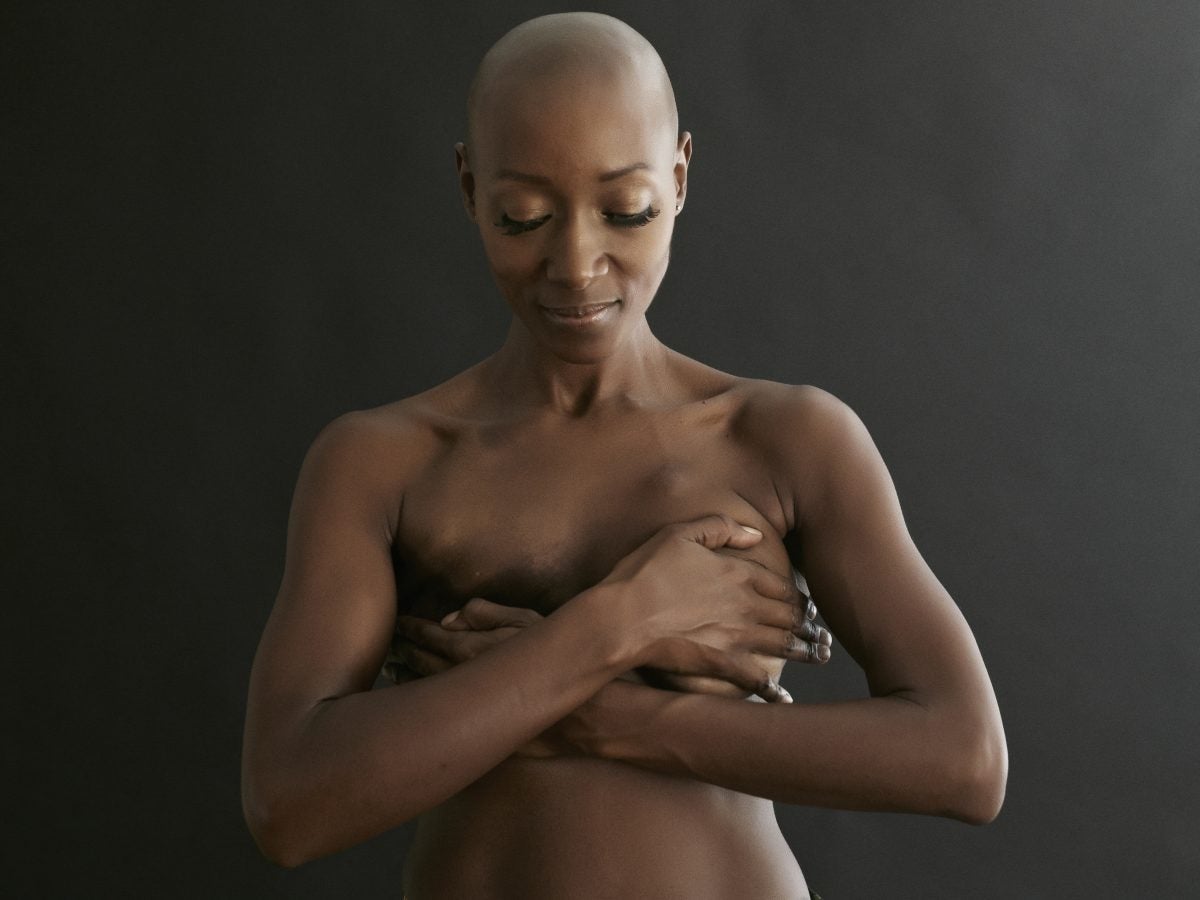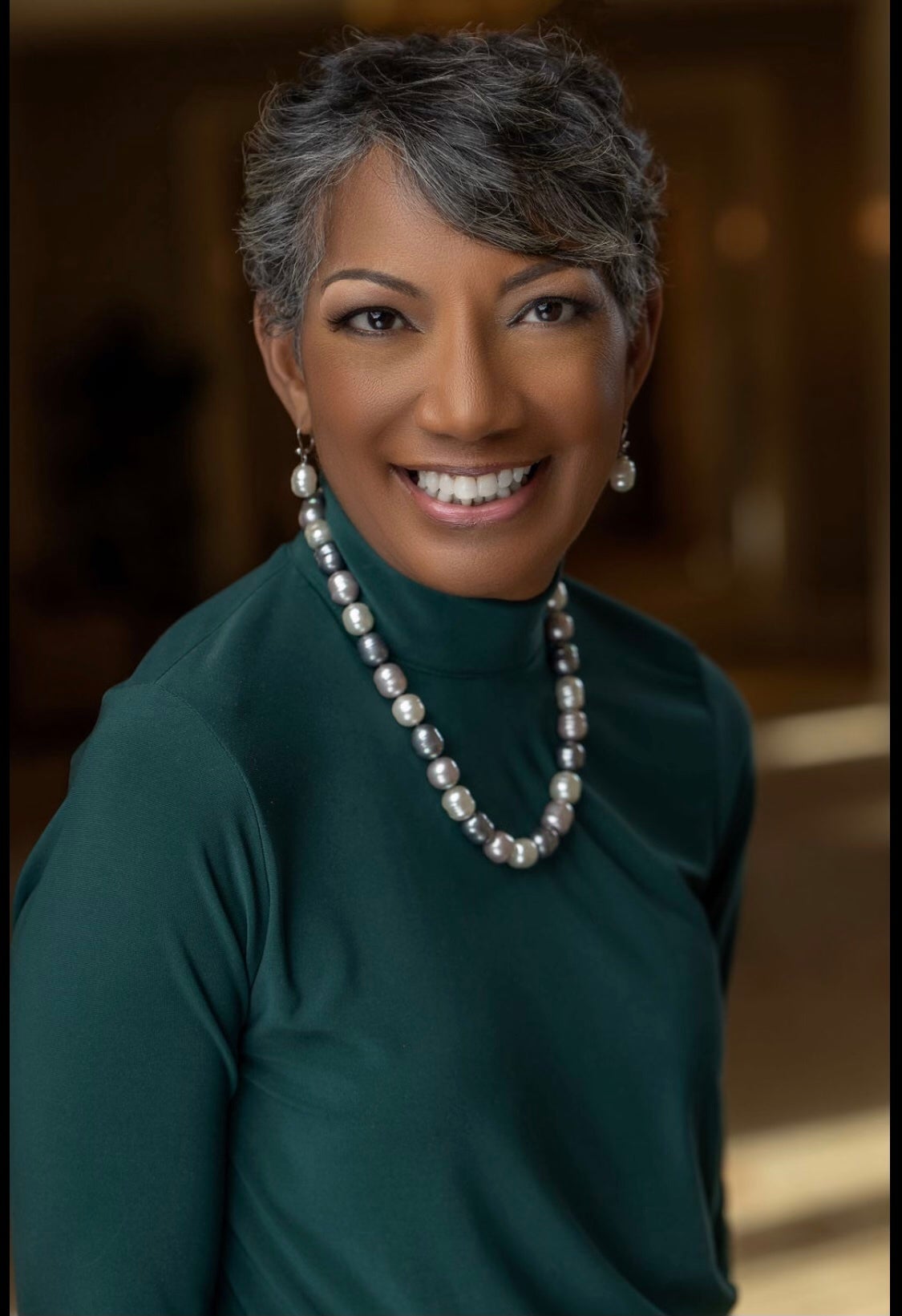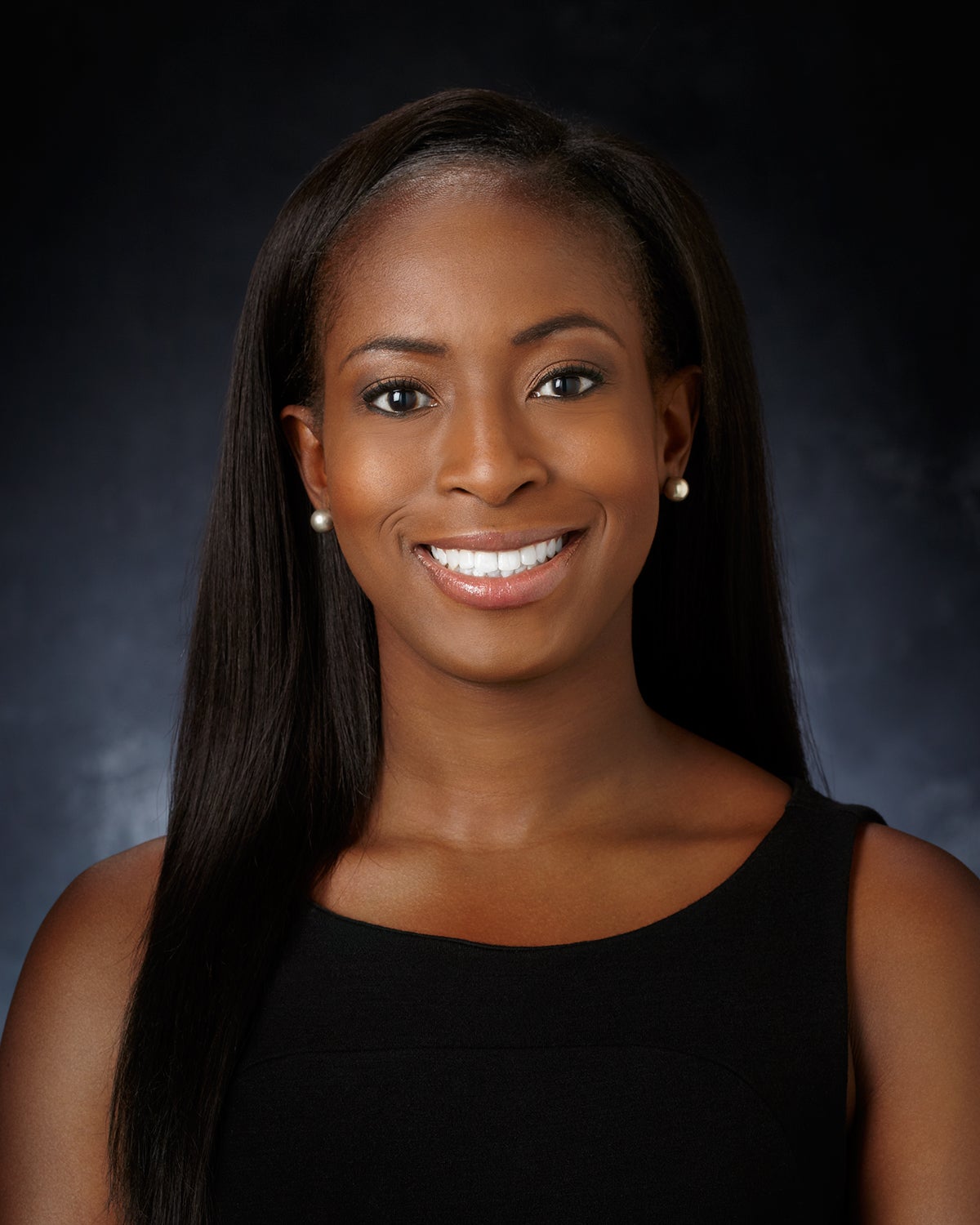
Sponsored by Natrelle®
When Ricki Fairly was diagnosed with stage 3A Triple Negative Breast Cancer, she didn’t know that Black women have a 41% higher mortality rate of Breast Cancer than White women,¹ with 39% higher recurrence rate.²
And when Safia Fitzpatrick tested positive for the breast cancer gene, she didn’t know that her preventative treatment would include a bilateral mastectomy, a full hysterectomy, and reconstructive surgery.
When facing breast cancer, there is no one-size-fits-all experience; treatment and reconstruction plans are designed for each individual in partnership with a multidisciplinary healthcare team. We’re honored to share stories from two survivors to help provide guidance to those who, whether personally or through their loved ones, may face similar challenges.
Impacting All Parts of Life: Ricki’s Story
Initially prognosed with a mere two-year life expectancy, Ricki has surpassed expectations, now thriving as an 11-year survivor and leading Touch: the Black Breast Cancer Alliance. As its CEO, she spearheads this organization focused on propelling essential, life-preserving research for Black breast cancer survivors and thrivers. By uniting patients, advocates, healthcare experts, researchers, and pharmaceutical firms, Touch fosters cooperative initiatives that aim to ultimately eradicate Black breast cancer.

“I was diagnosed with stage 3A Triple Negative Breast Cancer. I had a double mastectomy, chemotherapy, and radiation. After a year, my cancer recurred,” says Ricki. “I had to find a doctor who understood triple negative breast cancer. She put me on some experimental drugs that saved my life.” She goes on to say that treatment was hard—and chemo is no joke—but it was her friends, family, and her SMAD (Sisters Making a Difference) club that got her through and still keep her going. Later, she went on to have implant-based breast reconstruction from a board-certified plastic surgeon because she “never considered being flat.”
“Though I have been cancer free for 9 years now, I still think about it every day. I am now living my best life,” she says. “When I was sick, I quit my life and started a new one. I made a lot of changes. I am a passionate advocate as I know that God left me here to do this work and help other Black women deal with breast cancer.”
Prevention Meets Passion: Safia’s Story
Before passing away from ovarian cancer, Safia’s mother tested positive for the BRCA1 (Breast Cancer gene 1) mutation. This revelation motivated Safia to take action, and when her own test also turned out positive, she embarked on a journey of prevention and healing.
Safia says that taking agency over her body was “absolutely crucial” to her.
“Speaking on women’s health is not a taboo subject, nor should it ever be,” she says. In 2021, she underwent a bilateral mastectomy with the first stage of reconstructive surgery. “I always knew that I wanted to have breast reconstruction as a part of my journey. It is a very personal choice, and every woman’s algorithm feeding their conclusion is completely different. For me, it was about feeling whole.”

Safia worked very closely with her healthcare team, including her board-certified plastic surgeon, to learn the risks associated with mastectomy and breast reconstruction surgery. In partnership with her doctors, she ultimately made the best decision for herself, which was implant-based reconstruction. Not everyone who tests positive for the BRCA gene mutation is a good surgical candidate.
“I’m proud of myself for not allowing my mother’s passing to go in vain, I quite literally saved my own life,” Safia says. “Advocating for women’s health continues to be a massive passion project for my life, and it will continue to be in my life’s ministry to speak up to inspire women everywhere to break societal conditioning and trust themselves.”
Representation Matters: Creating Your Own Story
Unfortunately, Black women are being diagnosed at later stages of breast cancer for various reasons, from lack of access to primary care providers to access to 3D mammography.³ So, it is more important than ever to find a physician you trust to guide you through screening mammograms, treatments, and surgical options.
“There are disparities in every aspect of society including the medical field,” says Dr. Nyama Sillah, Board-Certified Cosmetic, Plastic, and Reconstructive Surgeon. “You may feel more comfortable sometimes talking to someone that looks like you, and has had the similar life experience, will listen and understand you.”

Dr. Sillah says, “When it comes to reconstruction, there can be many options, and I want to make sure each option is clear so they can make the best decision for themselves. I always tell my patients that there could be 10 women sitting in my office with breast cancer and after hearing options, all 10 women may choose different options, but whatever option they choose is the right option for them. It’s my job to make sure those options are presented clearly, any questions answered, so my patients can choose the appropriate reconstructive method for them.”
For patients of the appropriate age, Dr. Sillah conscientiously inquires about their recent screening history, emphasizing the importance of early detection.
As you write your own healthcare story, it is crucial to stay educated and informed about your body and your options. Schedule a mammogram and find a physician you trust to discuss what’s right for you.
Natrelle® Breast Implants IMPORTANT SAFETY INFORMATION
Breast implants are not lifetime devices. The longer patients have them, the greater the chance they will develop complications, which may require
more surgery. Breast implants have been associated with a cancer of the
immune system called breast implant–associated anaplastic large cell
lymphoma (BIA-ALCL). Some patients have died from BIA-ALCL. Patients have also reported a variety of systemic symptoms such as joint pain, muscle aches, confusion, chronic fatigue, autoimmune diseases, and others.
Natrelle® Breast Implants are for breast reconstruction to replace breast tissue that was removed due to cancer or trauma or that failed to develop properly due to severe breast abnormality, and for revision surgery to improve primary breast reconstruction.
You should not get breast implants if you currently have an active infection, untreated breast cancer or precancer, or are pregnant or nursing. Tell your doctor about any conditions you have, any medications you are taking, and any planned cancer treatments. Breast implantation is likely not a one-time surgery. Having implants removed and not replaced may lead to permanent cosmetic changes of the breasts. Breast implants may affect breastfeeding. Gel implants may rupture without symptoms, so periodic imaging after surgery is recommended.
Key complications are reoperation, implant removal, implant rupture, implant deflation with saline-filled implants, and severe capsular contracture.
Talk to your doctor for more information.
The use of Natrelle® Breast Implants is restricted to licensed physicians who provide information to patients about the risks and benefits of breast implant surgery.
References:
1. Giaquinto, Angela N. CA: A Cancer Journal for Clinicians. Cancer statistics for African American/Black People 2022. First Published February 2022. Accessed August 10, 2023.
https://acsjournals.onlinelibrary.wiley.com/doi/10.3322/caac.21718
2. Oncology Times. Black Women Have Higher Risk of Recurrence Than Other Ethnicities. Published January 5, 2019. Accessed August 10, 2023.
https://journals.lww.com/oncology-times/fulltext/2019/01050/black_women_h
ave_higher_risk_of_recurrence_than.12.aspx
3. Yedjou, Clement G. Advances in Experimental Medicine and Biology. Health and Racial Disparity in Breast Cancer. Published January 3, 2020. Accessed August 8, 2023.
https://www.ncbi.nlm.nih.gov/pmc/articles/PMC6941147/pdf/nihms-
1065348.pdf
© 2023 AbbVie. All rights reserved. NATRELLE and its design are trademarks of Allergan, Inc., an AbbVie company.
US-PRM-00073 10/23
